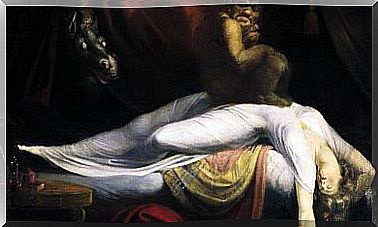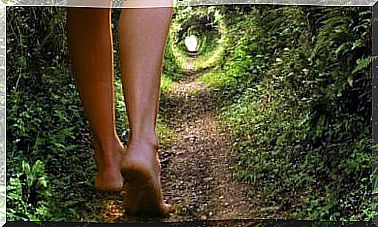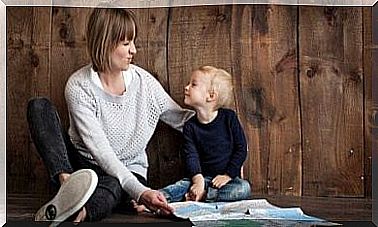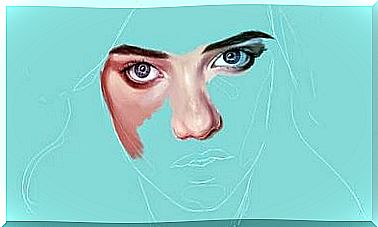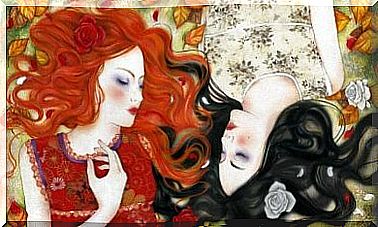Cowardice Makes Sad
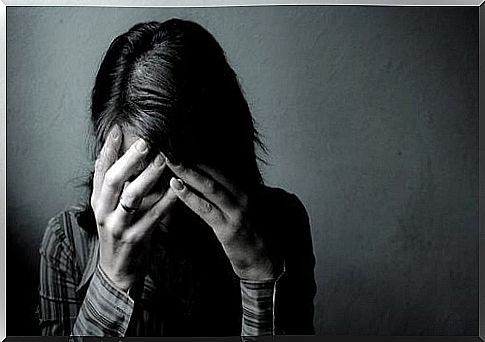
Sadness seems to be one of the most pronounced features of our time. It is as if depression has become a mass disorder within our contemporary world. The World Health Organization has even released some reports that show how much the number of cases of depression has risen in the last few years, to the point that you could almost speak of a pandemic.
The term “depression” includes almost any kind of sadness or emotional discomfort. But not only that, depression has become a condition that is perfectly tolerated and even seems to be exalted in our daily lives. You often hear someone say that they are ‘depressed’, or ‘I’m staying home tonight, I’m feeling a little depressed’. What was a mental illness a few years ago has now become a word that has become part of our daily vocabulary and is regularly confused with sadness.
Chronic sadness and mental health
A lot has been said about the factors behind this epidemic of depression. Many people are convinced that only biological and genetic factors are responsible for feelings of sadness, so much so that people themselves are not responsible for the suffering they endure. And so it’s just a matter of taking medicine hoppydepup and that’s it. It is therefore the pharmaceutical companies that mainly benefit from this ‘epidemic’.
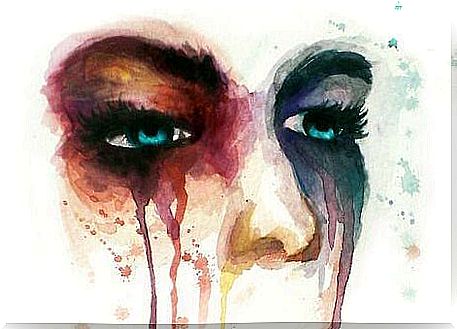
In ancient times, the mood disorder that caused people to remain passive, overwhelmed with grief and paralyzed by their lack of zest for life was attributed to an imbalance in the four bodily fluids, known as humors.
During the Middle Ages, this chronic form of sadness was called ‘acedia’ and was considered one of the cardinal sins. The great poet Dante thought that people who were struck by permanent grief and did nothing to overcome it should end up in purgatory, mourning all the time they have lost.
In the nineteenth century, psychiatrist Joseph Guislain defined this permanent state of sadness as “pain of existence.” A few years later, Sèglas indicated that it is a matter of ‘moral hypochondria’.
In the twentieth century, this problem came to be known in psychiatry as “depression” and was defined as a disorder characterized by demotivation, recurrent guilt, anxiety, apathy toward the world, decreased self-love, and a state of constant self-blame or self-blame. .
It was ultimately Lacan who described chronic sadness as a result of moral cowardice. He does not mean this as an accusation, but rather says it from a perspective that asserts a very important fact: there is indeed something that everyone should know about his grief. There are indeed ways to understand and tackle this problem and it is up to everyone to build this knowledge.
Grief and cowardice
People who suffer from chronic sadness experience a strong sense of inauthenticity. To them, it seems as if life takes place on a stage that does not belong to them. They therefore experience a feeling that can be described as ‘exile’, as if they are banned from everything that goes on in the world. As if the planet has turned and they just stood there, still in place. The present is seen as a stranger, the future as a portent of new suffering, and the past as an inventory of all their losses, to which they return from time to time.

Depressed people ask themselves ‘What meaning does life have?’ And often this question is accompanied by the answer ‘It would have been better if I had never been born’. Both the question and the answer are in themselves a kind of trap.
Of course, life in itself has no meaning, because we all give it this meaning ourselves. There is no book, manual or law that says: this is the meaning of life. And the answer that it would be better if you were never born also carries a certain kind of deceit: after all, we were born. It’s a done deal.
Both the question and the answer release one from his responsibility. “If life doesn’t already have meaning, then I’m not interested,” these people seem to be saying. Or “If I didn’t ask to be born, don’t ask me to make something of my life.”
In this way they turn themselves into ‘objects’ of grief, not subjects. This is where their moral cowardice hides. For some people, even the fact that they are sad can turn into a kind of motivation to be proud: it is proof of their ‘special’ condition and it allows them to craft a speech in which they are the eternal victims .
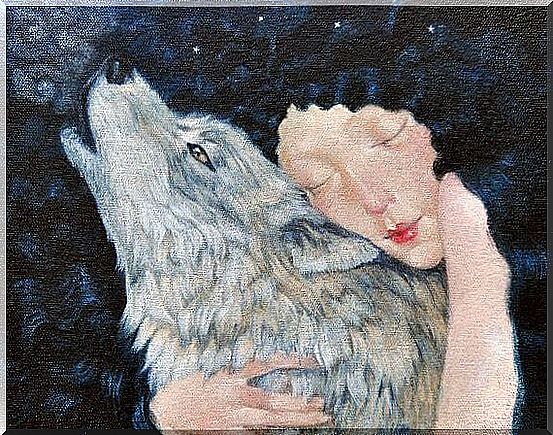
It is true that we do not all come to this earth equally blessed. We are unplanned children, we are poor, we have been mistreated without a chance to react, or thousands of other possible situations that could have caused us pain. Perhaps these past torments will open up new emptiness and new disappointments.
Ultimately, however, we all have to decide for ourselves how we want to handle these kinds of situations. This is our responsibility and we cannot blame fate, because by denying our own lives we paint ourselves as melancholic losers of bliss.


